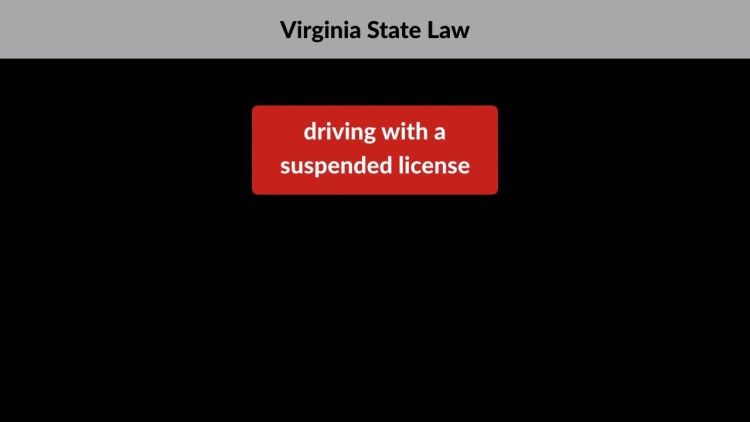Virginia v. Moore
United States Supreme Court
553 U.S. 164 (2008)

- Written by Richard Lavigne, JD
Facts
Moore (defendant) was arrested by police officers after the officers received a radio report that Moore was operating a vehicle with a suspended license. Under state law, operating while suspended, in most circumstances, constituted a citation violation and not an arrestable offense. The police arrested Moore and then searched him and discovered illegal drugs. Moore moved to suppress the search evidence. State law did not require the suppression of evidence obtained in violation of state law, but Moore argued that the search violated his Fourth Amendment rights because it violated the state law regulating arrests for the underlying offense. The trial court denied Moore’s suppression motion and Moore was convicted. Moore appealed. The intermediate appellate court found that none of the circumstances rendered Moore’s operation while suspended an arrestable offense under state law. A panel of the intermediate court of appeals reversed Moore’s conviction on Fourth Amendment grounds, but the court of appeals en banc reversed the panel decision and affirmed the conviction. The state supreme court concluded that a search premised on a citation violation was prohibited by the Fourth Amendment and reversed Moore’s conviction. The state (plaintiff) petitioned the United States Supreme Court for review.
Rule of Law
Issue
Holding and Reasoning (Scalia, J.)
Concurrence (Ginsburg, J.)
What to do next…
Here's why 907,000 law students have relied on our case briefs:
- Written by law professors and practitioners, not other law students. 47,100 briefs, keyed to 996 casebooks. Top-notch customer support.
- The right amount of information, includes the facts, issues, rule of law, holding and reasoning, and any concurrences and dissents.
- Access in your classes, works on your mobile and tablet. Massive library of related video lessons and high quality multiple-choice questions.
- Easy to use, uniform format for every case brief. Written in plain English, not in legalese. Our briefs summarize and simplify; they don’t just repeat the court’s language.





